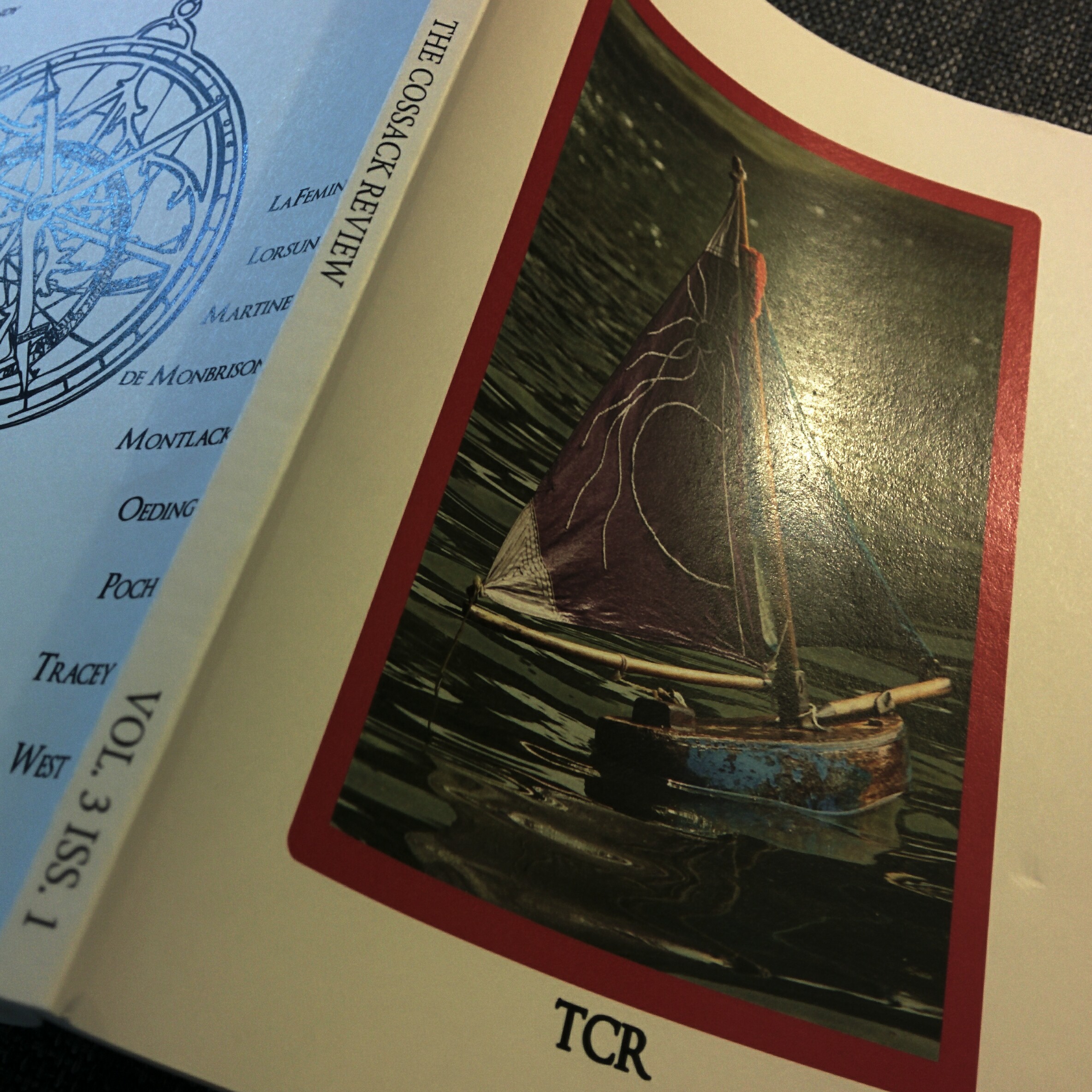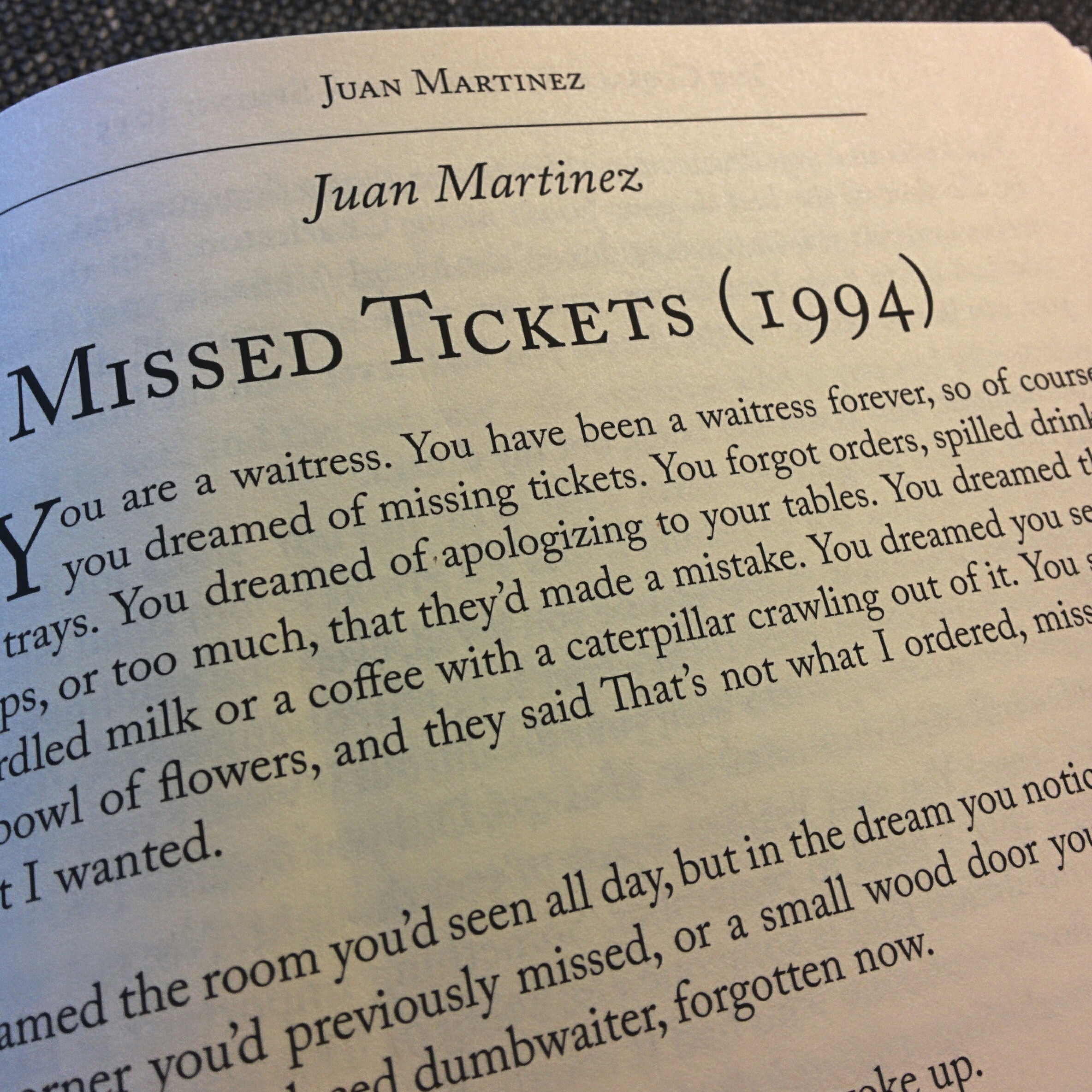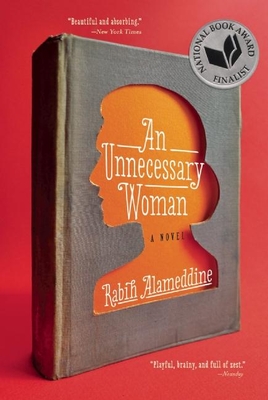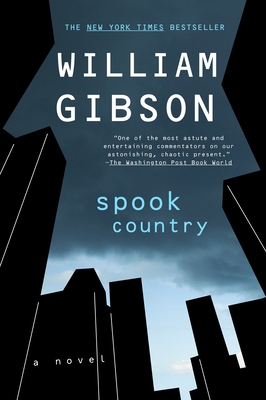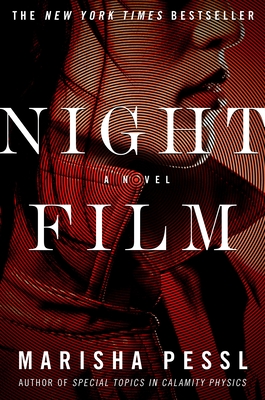"Missed Tickets" in The Cossack Review
Hi! I'm super thrilled that The Cossack Review published a short creepy thing of mine. It's in the magazine's fourth print issue. Please buy 500 copies.
Clotheshorse: Adam Thirlwell's The Escape
Clotheshorse provides a very occasional spotlight on the intersection of literature and men's fashion.
This excerpt comes from Adam Thirlwell's The Escape:
Now, however, Haffner's colleagues would have been surprised.
Haffner was dressed in waterproof sky-blue trousers, a sky-blue T-shirt, and a pistachio sweatshirt. These clothes did not express his inner man. This much, he hoped, was obvious. His inner man was soigne, elegant. His mother had praised him for this In the time when his mother praised him at all.
-- Darling, she used to say to him, you are your mother's man. You make her proud. Let nobody forget this.
She dressed him in white sailor suits, with navy stripes curtailing each cuff. At the children's parties, Haffner acted unconcerned. As soon as he could, however, he preferred the look of the ganster: the Bowery cool, the Whitechapel raciness. Elegance gone to see. His first trilby was bought at James Lock, off Pall Mall; his umbrellas came from James Smith & Sons, at the edge of Covent Garden. The royal patent could seduce him. He had a thing for glamour, for the mysteries of lineage. He could talk to you for a long time about his lineage.
The problem was that now, at the end of the twentieth century, his suitcase had gone missing. It had vanished, two weeks ago, on his arrival a the airport in Trieste. It had still not been returned. It was imminent, the airline promised him. Absolutely. His eyesight, therefore, had been forced to rely on itself -- without his spectacles. And he had been corralled into odd collages of clothes, bought from the outdoor-clothes shops in this town. He walked round the square, around the lake, up small lanes, and wondered where anyone bought their indoor clothes. Was the indoors so beyond them? Was everyone always outdoors? (9-10)
Nabokov Sighting in Knausgaard's American Travels
Karl Ove Knausgaard travels across America, retraces Norwegian and Viking trails across the country, makes this observation: "I loved it not only because I had finally seen something in the United States that Humbert and Lolita could have seen — a fabulous entry for Nabokov’s catalog of American monuments, wonders and reconstructions — but also because it struck me that the image of reality that this particular reconstruction presented was, in a curious way, absolutely true."
From My Saga, Part 2.
Part 1 is here.
Nabokovilia: David Mitchell's Number 9 Dream
A million thanks to Anne Stevens for this awesome bit of Nabokovilia: "On p. 28 of Number 9 Dream by David Mitchell there is a movie poster reading 'The Life and Times of John Shade.'"
Nabokovilia: Rabih Alameddine's An Unnecessary Woman
An observer would receive the wrong impression from this salacious tableau. Their ages were wrong, I thought. Incompatible. Insidious Nabokov insinuated himself into my dreams once more, not allowing me to lose myself in watching what was before me, not allowing me to engage life. Hannah was my Humbert, the lieutenant the ingenue. Fire of my loins. They fucked, no other term can be used. Hannah and her lieutenant fucked and fucked.
(...)
...I won't translate Lolita even though I've always wanted to. It's against the rules. Nabokov's earlier work in rowdy Russian I could. "But in my arms she was always Lolita."
"Lo. Lee. Ta."
My memory has aged into an unruly child but is still quite precocious. (47-8)
Nabokovilia: Jenny Offill's "Dept. of Speculation"
I was going to be an art monster instead. Women almost never become art monsters because art monsters only concern themselves with art, never mundane things. Nabokov didn’t even fold his own umbrella. Vera licked his stamps for him.Quote spotted in these two James Woods New Yorker pieces:
Nabokovilia: Nabokov's Creepy Bathtub in Gibson's Spook Country
He was bouncing along at some insane speed on something that reminded him of a creepy folding rubber bathtub that he'd once seen Vladimir Nabokov posing with in an old photograph. (344)
Clotheshorse: David Foster Wallace's The Pale King
On the narrator's father:
He looked good in a suit -- like so many men of his generation, his body seemed designed to fill out and support a suit. And he owned some good ones, most single-button and single-vent, understated and conservative, in mainly three-season worsteds and one of or two seersucker for hot weather, in which he also eschewed his usual business hat. To his credit -- at least in retrospect -- he rejected the so-called modern style's wide ties, brighter colors, and flared lapels, and found the phenomenon of leisure suits or corduroy coats nauseating. His suits were not tailored, but they were nearly all from Jack Fagman, a very old and respected men's store in Winnetka which he had patronized ever since our family relocated to the Chicagoland area in 1964, and some of them were really nice. At home, in what he called his "mufti," he wore more casual slacks and double-knit dress shirts, sometimes under a sweater vest -- his favorite of these was argyle. Sometimes he wore a cardigan, though I think that he knew that cardigans made him look a little too broad across the beam. In the summer, there was sometimes the terrible thing of the Bermuda shorts with black dress socks, which it turned out were the only kind of socks my father even owned. One sport coat, a 36R in midnight-blue slubbed silk, had dated from his youth and early courtship of my mother -- she had explained -- it was hard for her to even hear about this jacket after the accident. (175-6)
On the narrator's 70's sartorial proclivities:
I can't think of this period's hair without almost wincing. I can remember things I wore -- a lot of burnt orange and brown, red-intensive paisley, bell-bottom cords, acetate and nylon, flared collars, dungaree vests. I had a metal peace-sign pendant that weighed half a pound. Docksiders and yellow Timberlands and a pair of shiny low brown leather dress boots which zipped up the sides and only the sharp toes showed under the bell-bottoms. The little sensitive leather thong around the neck. The commercial psychedelia. The obligatory buckskin jacket The dungarees whose cuffs dragged on the ground and dissolved into white thread. Wide belts, tube socks, track shoes from Japan. The standard getup. I remember the round, puffy winter coats of nylon and down that made us all look like parade balloons. The scratchy white painter's pants with loops for supposed tools down the side of the thigh. I remember everyone despising Gerald Ford, not so much for pardoning Nixon but for constantly falling down. Everyone had contempt for him. Very blue designer jeans. (159)
(Clotheshorse is an occasional series on the intersection of literature and men's fashion.)
Sighting: Nabokov's Flamboyant Footnotes in the New Yorker

More recently, footnotes have been employed to postmodern effect: Vladimir Nabokov and David Foster Wallace used them flamboyantly; writers such as Nicholson Baker applied them from a softer palette.
From Nathan Heller's "Save Footnotes" in the New Yorker
Nabokovilia: Edward St. Aubyn's Lost for Words
"It's lucky Proust or Nabokov aren't competing this year," said Vanessa, "or Henry James, or Tolstoy, or anyone who sold a novel because word got put that it was worth reading, like Dickens or Thackeray, or..."
"All right, all right," said Jo, "we all know you've read every book under the sun, but I think Malcolm has a very good point. If I had my way I would add, 'No pseuds and no aristos.'" (P. 83)
More on Edward St. Aubyn.
Convergences: What We See When We Remember Keyholes in Covers
Nabokovilia & Nabokomaybilia: Marisha Pessl's Special Topics in Calamity Physics & Night Film
Marisha Pessl's first novel, Special Topics in Calamity Physics, features a pretty clear case of Nabokovilia:
"You're a sick, sick liar! You're evil!"
I threw Lolita (Nabokov, 1955).
"I hope you die a slow death riddled with unbearable pain!"
Although deflecting the books with his arms, and sometimes legs, Dad didn't stand up or try to restrain me in any way. He remained in his reading chair.
"Get a hold of yourself," he said. "Stop being so melodramatic. This isn't a miniseries on AB --"
I hurled The Heart of the Matter (Greene, 1948) at his stomach, Common Sense (Paine, 1776) at his face. (461)
I'm nearly done reading Pessl's sophomore (and excellent) Night Film, which doesn't have anything quite so clear, though there's a strong possibility of some Nabokovian nods:
She was Beckman's latest housekeeper. Ever since his beloved wife, Véra, had died years ago from cancer, Beckman, totally unable to take care of himself, hired a multitude of petite Russian women to do it for him. (48)And another possible Nabokov nod:
"Need some help?"
"Yes," said Nora, setting a book she'd been leafing through -- Signs, Symbols, & Omens -- back down on the stand. "We were hoping someone could help us identify some herbs and roots that we found in strange patterns in our friend's room." (229)
Sighting: Nabokov in "Finding the Words"
Sighting: Best Last Lines
Sighting: "Signs & Symbols" for the Internets
Nabopop: Franken-Olympia-Edition Lolita in Masters of Sex
(It's a frankenbook built from
 +
+  )
)
Convergences: The Punctuation-Mark Exploits of Jack Pendarvis and Stephen King
King's Mr. Mercedes features a creep whose messages are stuffed with character-revealing unnecessary !'s & "s:
And Pendarvis is the reigning champ of same:
Clotheshorse: The Great Hierarchy of 80s Jeans in Kevin Brockmeier's A Few Seconds of Radiant Filmstrip
 |
| Photo from Michael Galinsky's Malls Across America |
From Kevin Brockmeier's searing, lovely A Few Seconds of Radiant Filmstrip: A Memoir of Seventh Grade:
He sits down and gives his jeans another try. The coolest jeans are black or acid washed, followed by gray, followed by faded blue. Holes are cooler than no holes, buttons are cooler than zippers, Levi's are cooler than Lees, Lees are cooler than Wranglers, and Wranglers are cooler than Toughskins. It has taken him longer than average, but he is learning. (166)
(I love clothes, and I love books -- anytime I run across a particularly neat intersection of the two I'll post a short representative quote here, under the label Clotheshorse, with minimal commentary for maximum enjoyment.)
Nabokovilia: Rebecca Makkai's The Hundred-Year House
"Here's my point: The administration should not be able to access the computers of tenured faculty. Let's imagine you were looking at some Web site of a communist politician, and then you're hauled in front of a committee. When the whole point of tenure is the freedom."
"I'm not tenured."
"You've heard what's happening, I'm sure."
Zee attempted to look bewildered, but he shook his head.
"You hear everything. You know what the deans ate for breakfast. You know when Blum takes a crap. And what I want to know is, when did we become afraid of sex? We ask them to read Lolita and Chaucer, but a nude picture is going to warp their minds? They're adults!" (87)
See also: More Makkai Nabokovilia.
